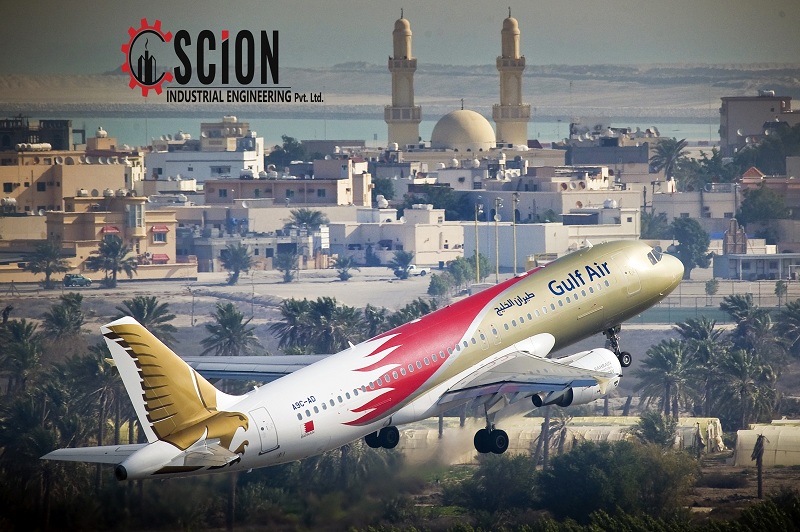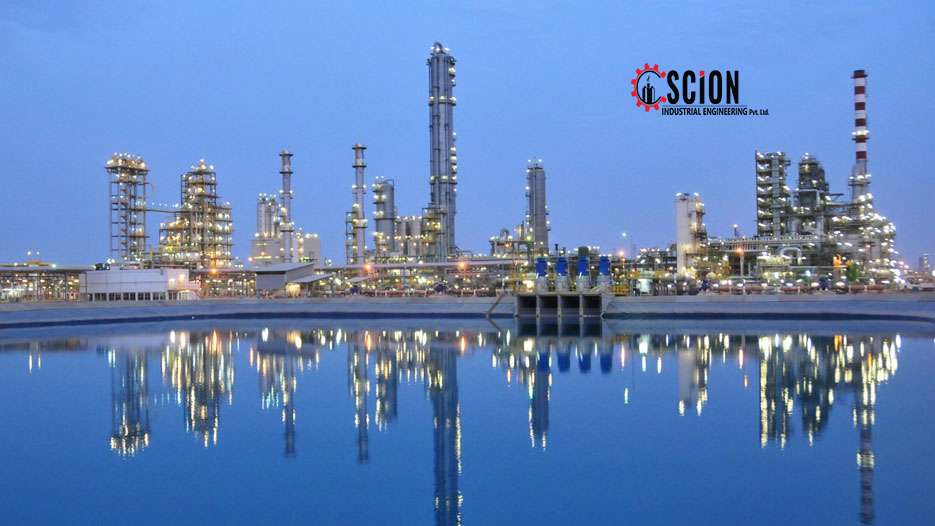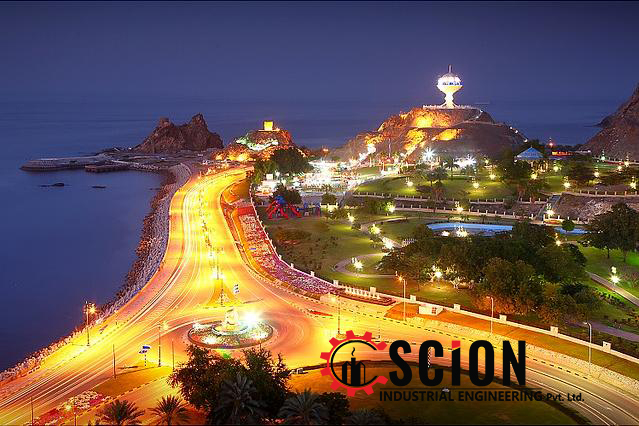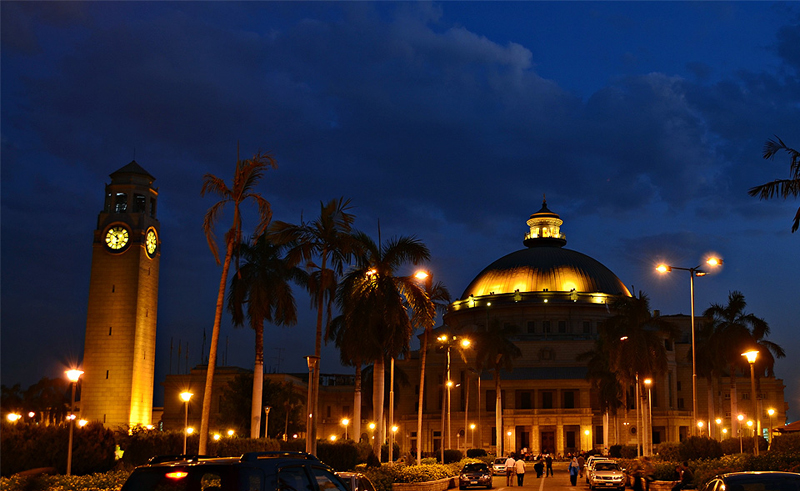Anaylsis: What will MSCI’s emerging market status mean for Saudi Arabia
The kingdom’s inclusion on MCSI’s Emerging Market index will provide billions of dollars in passive inflows just as the country is seeking to modernise its economy.
In a highly Significant but not unexpected move, global index compiler MSCI reclassified Saudi Arabia as an emerging market last week, a milestone that experts believe will lead to significant inflows of foreign capital and provide a boost to the kingdom’s economy.
With 32 stocks, Saudi Arabia will now become the third largest MSCI country from the EMEA region, behind only South Africa and Russia.
MSCI’s move is the latest in a string of announcements that promise to facilitate inflows of foreign money into the Saudi economy.
In March, rival provider FTSE announced that it would upgrade Saudi Arabia to emerging market status, while S&P Dow Jones said in May that it was holding consultations with investors in a bid to determine whether it would do so as well.
Saudi Arabia ready
The decision comes at an important time for the kingdom as it continues to take steps to modernise its economy and make things easier for potential investors – a stark contrast from the initially restrictive environment they faced after the country opened its capital markets to foreign direct investment in mid-2015.
Bassel Khatoun, managing director of Frontier and MENA for Franklin Templeton Emerging Markets Equity, tells Arabian Business that since being added to the MSCI’s watch list in June 2017, “the Saudi Capital Markets Authority and Tadawul have continued to make substantial modifications to its equity market infrastructure and accessibility to ensure it meets the criteria for [the] upgrade”.
The inclusion, he added, was a “historic, milestone achievement for the Kingdom’s equity market”.
Many of Saudi Arabia’s stock market reforms – which were largely meant to fulfil the requirements of index compilers such as MSCI – included reducing the minimum asset threshold required from institutional investors to $500m from $5bn, aligning Tadawul’s trade settlement times with international standards and allowing fund managers to aggregate orders.
The reforms have clearly had an effect already, with the Tadawul All Share Index rising 14 percent in 2018 in anticipation of the status upgrade, with foreign inflows to stocks positive nearly every week of the year so far.
Market impact
MR Raghu, managing director of Marmore Mena Intelligence, a research house that focuses on trade and commerce in the region, says that Saudi Arabia is projected to have a weight of 2.7 percent in the index, with the possibility of as much as 4.6 percent if the proposed public offer of five percent of the shares of Saudi Aramco bears out.
“The inclusion of Saudi Arabia in the FTSE and MSCI EM indices is likely to increase the flow of foreign funds to Saudi Arabia… classification by MSCI is expected to result in around $10bn of passive inflows into the country,” he notes, adding that the figure is in addition to the $5.5bn of capital expected from the FTSE inclusion.
Additionally, Saudi Arabia’s reclassification on the MSCI index is expected to have a significant impact on the fixed-income market.
State Street Global Advisors’ managing director and sector head of emerging markets debt, Abhishek Kumar, says that last week’s announcement “will make fixed income indices sit up and take notice”.
“Fixed income index providers have not yet made any announcement about the index’s inclusion of Saudi Arabia’s domestic currency debt in the mainstream bond indices,” he says.
“The availability of bond prices has been one of the main hurdles for index inclusion. However, with the listing of domestic bonds on Tadawul, regular prices for around a quarter of government debt issued [in Saudi Arabia] have become available.”
Source:http://www.arabianbusiness.com/equities/399209-anaylsis-what-will-mscis-emerging-market-status-mean-for-saudi-arabia










